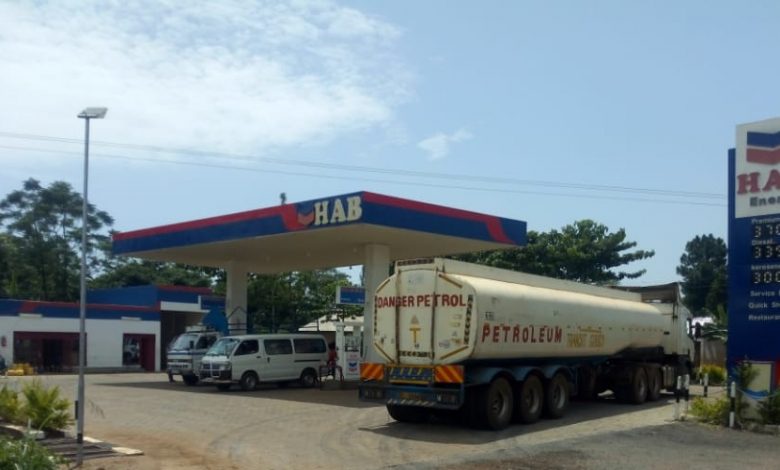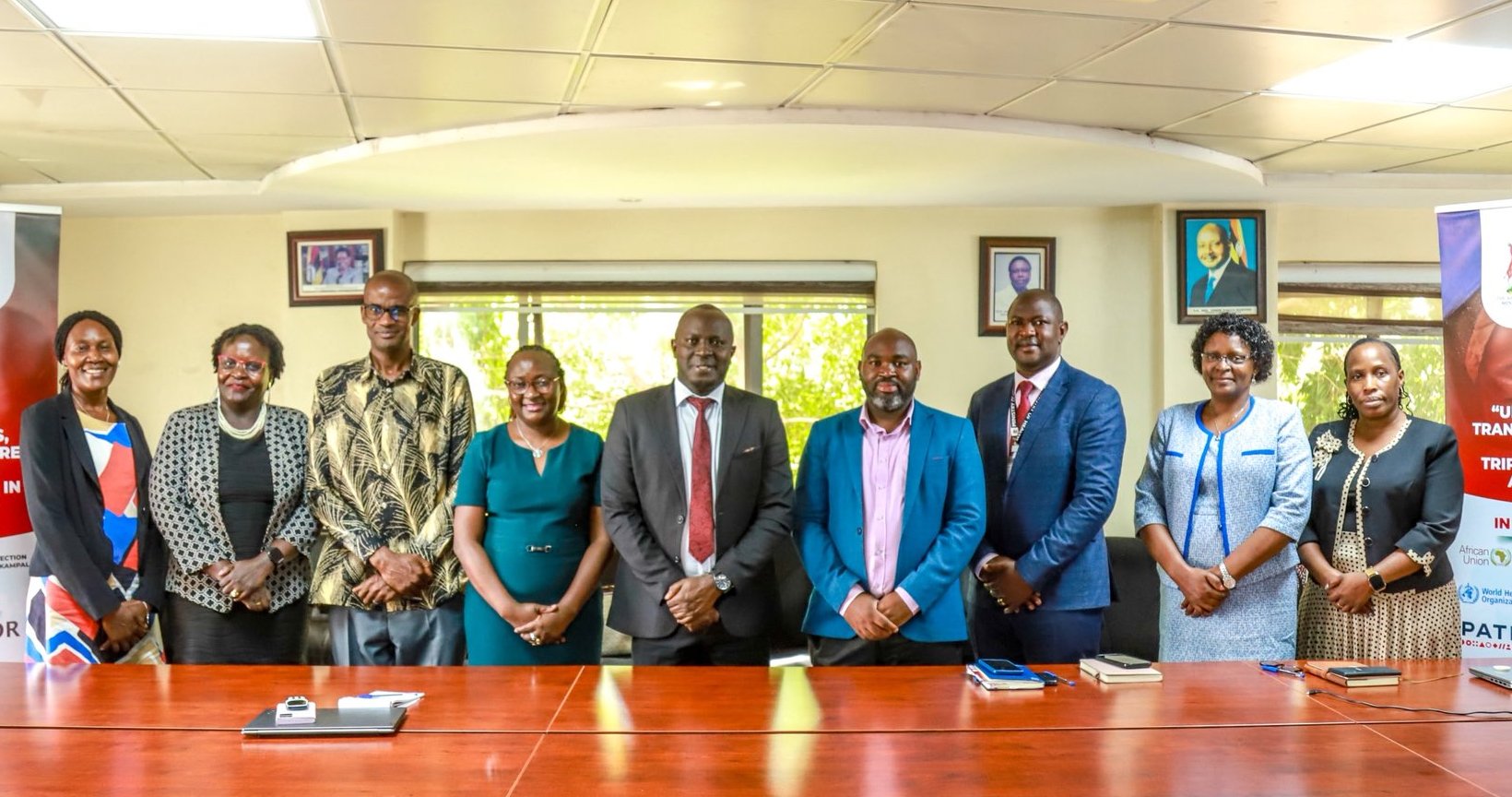Ngabirano threatens to punish local governments licensing fuel stations in ungazetted areas
The guidelines and regulations provide that fuel stations in ungazetted areas must be demolished and owners penalized but this has not been achieved despite engaging with different stakeholders.

Dr. Amanda Ngabirano, the Chairperson of the National Physical Planning Board says they will not hesitate to ask finance ministry to cut the budgets of local governments who continue to licence fuel stations in ungazetted areas across the country.
The Ministry of Lands, Housing and Urban Development and the National Physical Planning Board last year issued guidelines and regulations for the location and establishment of fuel stations to tackle the challenge of mushrooming fuel stations in the country.
However, Dr Ngabirano, told Charmar News in an interview that the implementation of the guidelines and regulations is lagging because there are still legal challenges and gaps. She acknowledged that investors are getting approvals to construct fuel stations in prohibited areas in complete disregard of the guidelines.
Doing the opposite
The guidelines and regulations provide that fuel stations in ungazetted areas must be demolished and owners penalized but this has not been achieved despite engaging with different stakeholders. She said that is unfortunate that people are doing the opposite and contrary to what the guidelines say.
“There is a gap in the enforcement of the guidelines. People are not following the guidelines. The only thing we need is to get enforcement on the ground. Some of them will lose their businesses in the near future,” she recently told this website.
Local government compromised
Dr Ngabirano revealed that some local government officials in different urban centres are afraid of change. They look on as business (setting up fuel station illegally) goes on as usual.
She revealed that Wakiso and Mukono districts are the most congested with fuel stations. In Wakiso, there are about 10 fuel stations in every distance of 1km. In a high density area like Wakiso, the recommendation is one fuel station for every 200 meters and 500 meters for rural areas.
“There are some ethical issues. The developers are quite stubborn. Some of the local government officials are allowing everything to go on because they are scared of change and doing the right thing,” she said.
In a message to the owners and officials approving the construction of fuel stations, Dr Ngabirano asked them to be mindful of the future of the population where they are setting up these facilities.
Punishing culprits
Dr. Ngabirano said failure to adhere to the guidelines by any local government will attract punishment from the finance ministry. According to Dr Ngabirano, the punishments might include reducing their budgets.
“The local governments that are not performing well will be affected. We are going to forward them to the finance ministry. They might be punished by reducing their budgets. We shall also issue some certificates to those who are compliant,” she said.
The guidelines and regulations provide a penalty of 48 currency points which is equivalent to Shs960, 000 or imprisonment not exceeding two years or both for any person who contravenes the law.
The fuel stations, if not managed well, are accidental risks and a danger to human life and the environment. Dr Ngabirano has, therefore, called upon the public to be futuristic and be engaged in protecting the environment.
In November 2020, available data from the Ministry of Energy and Mineral Development indicates that there are 1047 licensed petroleum retail outlets operating in Uganda.
In addition, it is estimated that there are more than 2000 other unlicensed fuel stations operating in the country.







